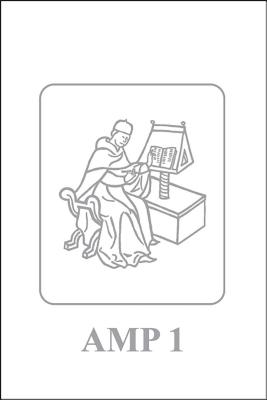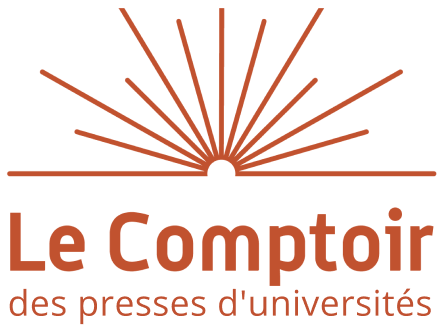
Quaestiones de ente
Garrett R. SMITHEditeur
Universitaire Pers LeuvenDate de publication
1er octobre 2018Résumé
Editio princeps of Peter Thomae's De ente It is generally acknowledged by historians of philosophy that medieval philosophers made key contributions to the discussion of the problem of being and the fundamental issues of metaphysics. The Quaestiones de ente of Peter Thomae, composed at Barcelona ca. 1325, is the longest medieval work devoted...
FORMAT
Livre relié
200.00 €
Ajout au panier /
